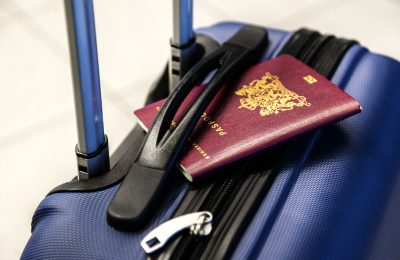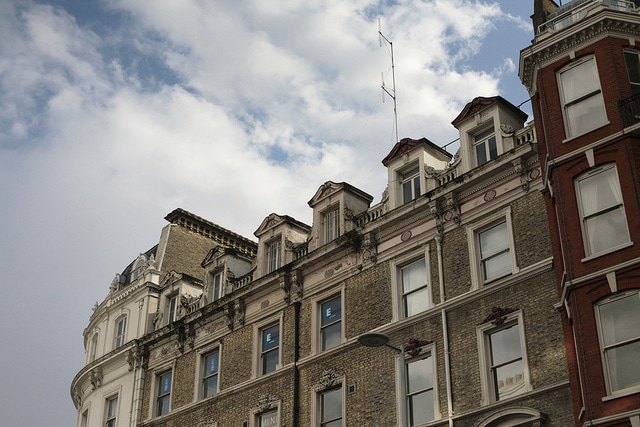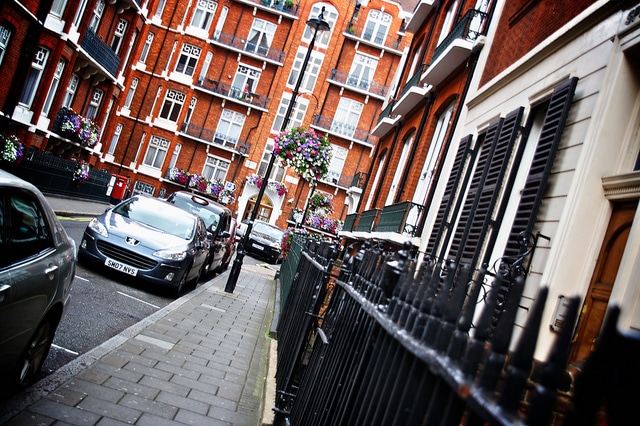Finding student accommodation can be tricky. There is so much choice and so many different things to think about when it comes to selecting a place to live. It can be tempting to just go for the first one you see so you can tick off another job and just concentrate about being excited for your time abroad. However, you may be compromising on savings and lifestyle by not thinking about it carefully.
Finding student accommodation in London can seem trickier as the competition fierce and it’s such a vast city with such a large student population. It’s also obviously quite expensive to live in London, so making the right choice is important for your bank account!
We’ve put some tips together for when you’re looking for your student pad in England’s capital.
View as many options as possible
Traipsing around London all day looking at different digs can be really monotonous, but it truly is the best way to see what is out there and therefore will help you be able to choose what you want better, and what you can actually get for your money as you will have the opportunity to compare. If it’s not possible to look at some options in person, urbanest has listings of student accommodation in London that you can take a virtual tour of, which is great for when you’re accommodation-hunting from overseas.
Look into how close it is to your campus
So you think you’ve found the perfect halls, but then when it comes to heading to your 9am lecture, it turns out you’re a tube and a bus ride away from your campus. Get googling on Google Maps to see how far away you are from your uni (what the English call college) and whether you could realistically do the journey every time you need to, especially when it’s really busy/dark/rainy etc. Use tools like TubePlanner and OysterCalculator to figure out the length of your commute and how much it will cost you each day.
Suss out the local area
As well as finding out how near you are to your uni campus, it’s also a good idea to have a look at what other spots of interest are around the halls so you can get a glimpse of what life will be like living there. Think about what you’d like to be near and what you’d like to have around you. Things like supermarkets, pharmacists, doctors etc are all really important, but so are things like decent bars and cafes too. Timeout London has some helpful area guides for neighborhoods around London—find the one that you’re looking to rent a place in and see what’s around.
Research the different security measures
Just like anyone who lives in any major city, London residents can be a little more vulnerable to crimes such as burglary and theft. Looking into the different security measures the halls have in place is really important for peace of mind to ensure that you and your belongings will be safe and sound while you’re living there. Things like intercoms, key cards and spy holes are all basic important things to look out for, as are 24/7 emergency services. Knowing what your accommodation offers in terms of safety will also help your parents feel better about you living in a foreign country. Read this article on the Huffington Post for more on staying safe while studying abroad.
Check out the leasing company’s social media presence
Google the leasing company you’re thinking of renting through online to see what sort of buzz they generate in terms of interacting with the student community and the local area. If you’re after a lively halls experience, see whether they have any events in place for fresher’s week, such as local nights out and parties—which they’ll probably share on their Facebook and Twitter accounts.
Do you have any questions about how to find student accommodation in London? Let us know in the comments and we’ll answer them.
This post was contributed by urbanest and The Abroad Guide received compensation for posting it on our site. Thanks for always supporting the awesome sponsors who keep this blog going!
Photo sources: Jeff Frazer via Flickr, Maria Morri via Flickr

















































